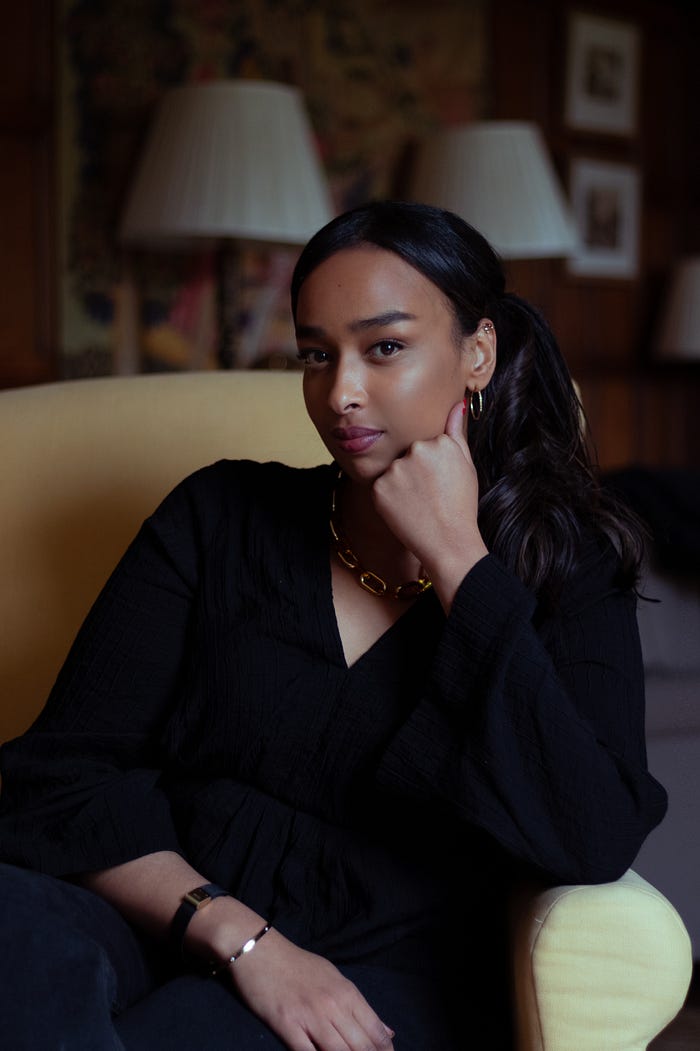Too often a lack of resources keeps young people from reaching their full potential in education. In the second year of my PhD as a migration and mobility researcher, I realized that with the increasing educational demand for equal access to education, bridging the skills and resources divide was key in solving this issue.

I founded Siman Foundation in 2021 as a research hub examining UKs’ immigrant-dense neighbourhoods where the divide in access to education puts societies most vulnerable people at high risk. Fuelled by community demand, this expanded into what it is today, offering a wider range of programmes and community workshops with subjects spanning from University interview prep and application writing to educational and social-professional inclusion for vulnerable individuals all across the UK. Our platform offers a wide range of courses and resources, covering everything from basic literacy to advanced STEM topics. We also offer personalised coaching and support from expert educators and academics, ensuring that each student has the guidance they need to reach their full potential. And we are just getting started.
The name ‘Siman’ translate to equal in Somali which is the ethos that threads all my work.
Our mission is simple: to provide high-quality, accessible education to every student, regardless of their background or location. We believe that education is the key to unlocking a brighter future, and we are committed to making it available to everyone. Our platform adapts to each student’s learning style and pace, providing them with the resources and support they need to succeed.
My passion for advancing opportunity and equal access to education for marginalised groups comes from my own experience as a daughter of Somali immigrants, where I witnessed first-hand how difficult the education system can be for first and second-generation migrants. Working as a film writer and producer has also allowed me to discuss topics I am passionate about through visual formats — from writing and producing my first short film ‘Somalinimo’ with the Guardian that discussed identity and experiences at the University of Cambridge to working on the production of the BAFTA award-winning BBC documentary ‘The real Mo Farah’ which discussed human trafficking and the nuance of migration. I found that through my work in film and my NGO, I am able to reach an audience my research alone cannot.
Receiving the Vice Chancellor’s Social Impact Award for my work on widening access to education shows a concerted effort to democratise education for all students. Especially in today’s troubling times, where the cost-of-living crisis has only exacerbated the existing inequalities. It is crucial that we continue on the advances we have made in the ways that we can best, whether that is through research, start-ups or film, so we ensure that no one misses out on the chance for a better future.


